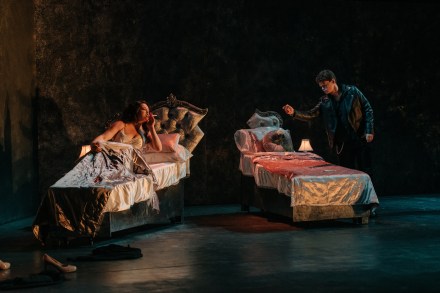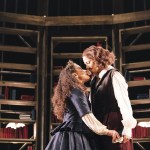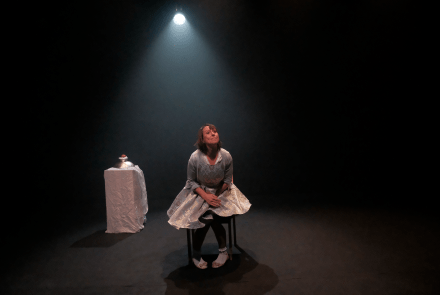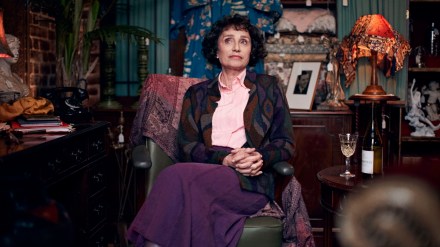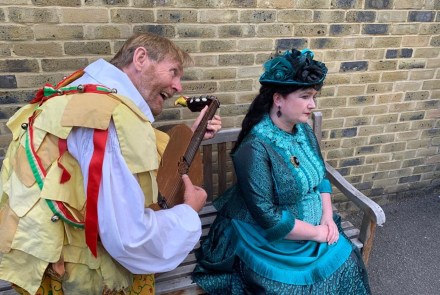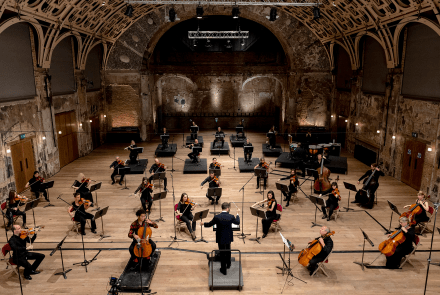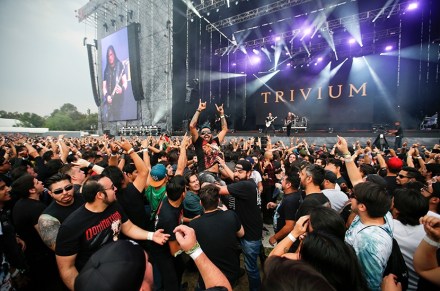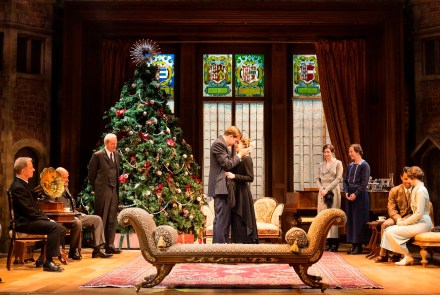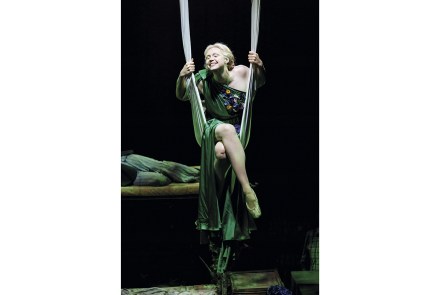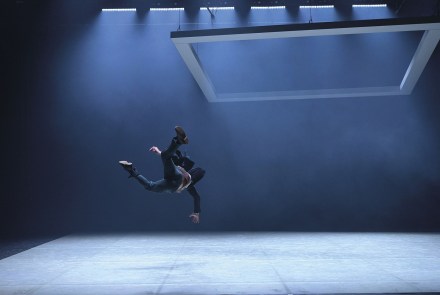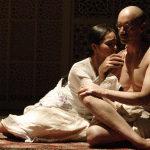A coherent evening of real opera: GSMD’s Triple Bill reviewed
Covid has been many things to the arts — most of them unprintable. A plague, a scourge, a disaster from which many institutions and artists won’t recover, it has also been a great equaliser. Suddenly there’s space to be heard, silence to be filled. In a digital world no one cares about the size of your stage. All you need is a laptop and a good idea and you’re competing alongside the Met or the Royal Opera. In the case of the Virtual Opera Project it was a shed and a homemade green-screen. Oh, and a cast, chorus and creative team of well over 100. And did I mention the
